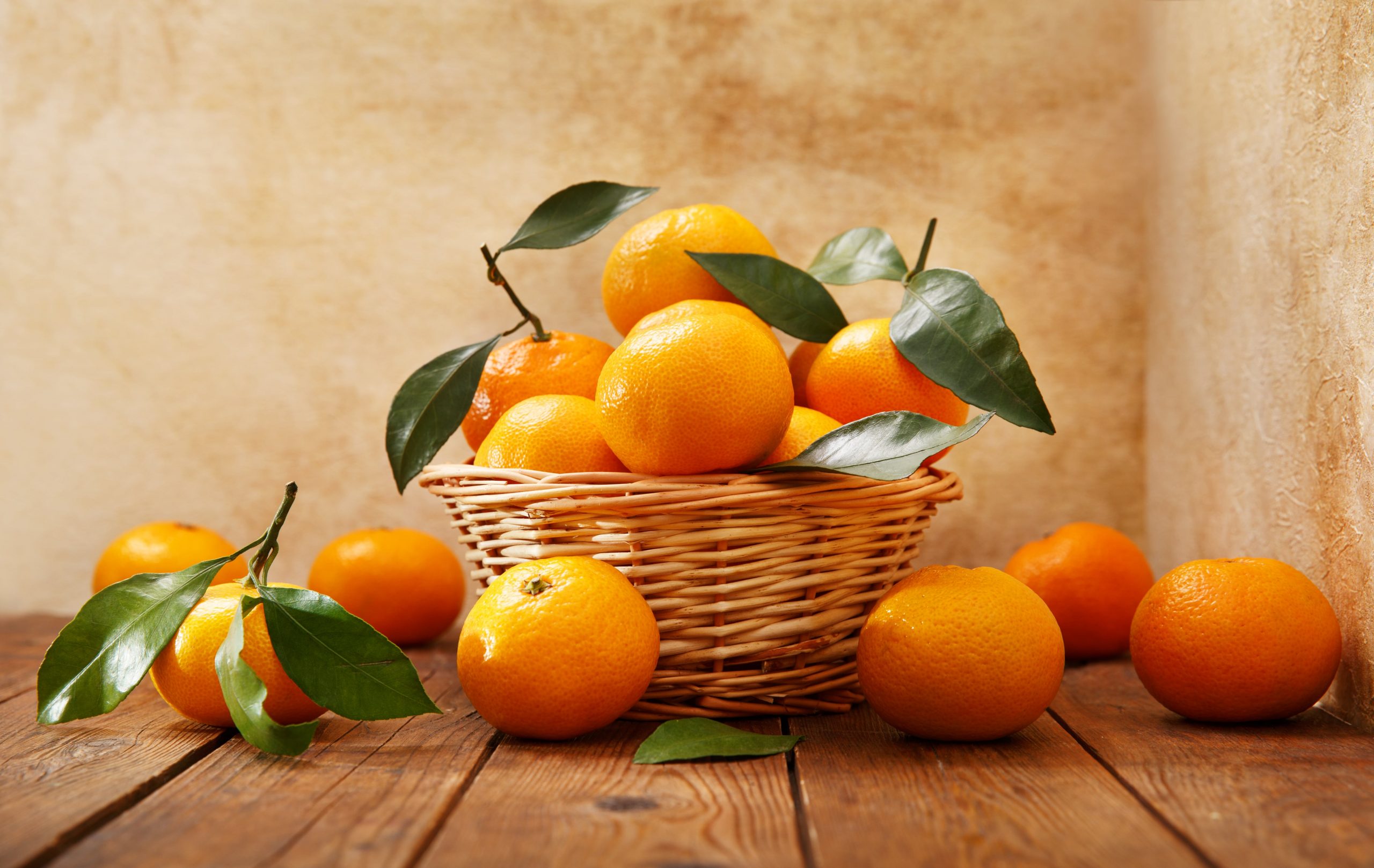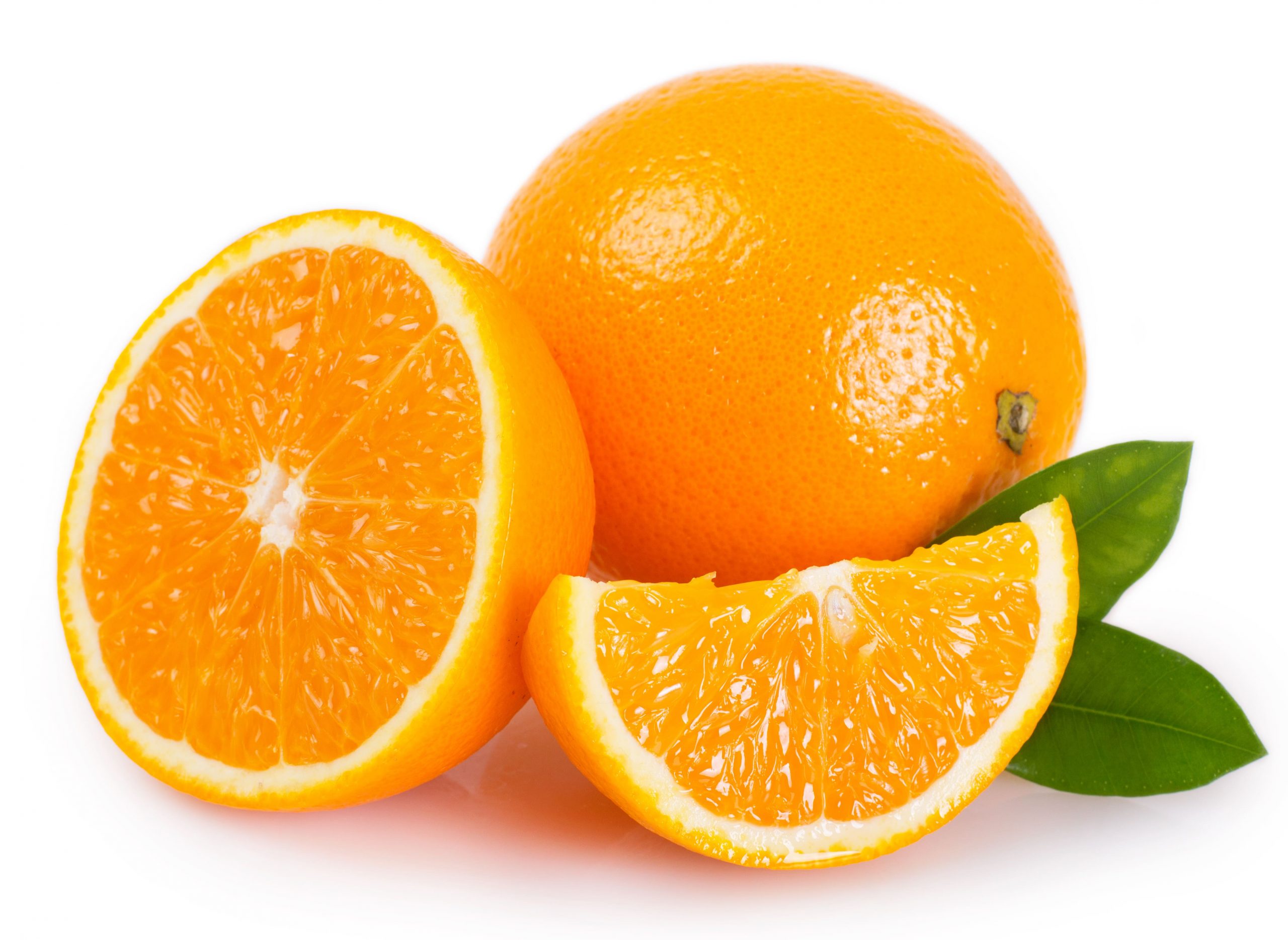There are many types of citrus fruits, and mandarins are one of them. They are rich in vitamin C and antioxidants, making them be of great value to life.
Walking about in the supermarket and shopping mall stalls, you will notice different citrus fruits, mandarins being among them. These are slightly small fruits with a spherical shape but boast great health benefits. Still, you may wonder, are mandarins the same as oranges or, are they just another class of oranges? Peer into this article to answer your question and know the health benefits and best storage for mandarin oranges.
Understanding mandarins
The first step in appreciating mandarins is knowing what they really are. Many people that they are yet another class of oranges, hence the name mandarin oranges. However, mandarins are different from oranges, although they all belong to the genus Citrus. Their origin is China, hence their name. Mandarins, while growing, develop on a small or moderately-sized tree to form the small yellow, juicy fruits. Like oranges and lemons, mandarins are green while growing but change to yellow leathery and juicy fruit as they ripen. Like oranges, mandarins have a typical external exterior. However, they are not perfectly round. Rather, their top and bottoms are rather flattened, giving them a spheroid or oblong shape.
Types of mandarins
There are many types of mandarins worldwide, including pure and cross-bred variations. In fact, the cross-bred variations are about 160 to 200, although the exact figure is still a matter of debate. The satsuma mandarin (Citrus unshiu) is one of the forms of mandarin fruit. Although it’s closely linked to Japan, you can find it in other parts, including Southern USA and the Gulf Coast. Pokan or Blanco is another type, also called the common mandarin (Citrus reticulate), and grows in different warm to tropical regions. If you visit the Philippines, Spain, and Brazil, you will definitely come across the common mandarin.
Tangerines (Citrus tangerine) are another form of mandarin oranges commonly found in most parts of the world today. These deeply orange fruits with a juicy taste could have originated from Morocco, in a region known as Tangiers, hence its name. Besides the pure variations, there are cross-bred variations of the mandarin fruits. For instance, Clementines are a common cross-bred variant of mandarin and are found in the market as Halos or Cuties. Although they are the smallest of the mandarin variants, they are sweet fruits whose interiors lack seeds. Whether pure or cross-bred variant, different mandarins are great.
The nutritional profile of mandarins
A deep appreciation of food, fruits, vegetables, and other dietary components originates from understanding their nutritional profile. Likewise, mandarins boast of a rich nutritional profile closely associated with their many health benefits. A regular-sized mandarin orange weighs about 88g and has 2g fiber, 12g carbs, 0.3g fats, 0.7g proteins, and 47 calories. In addition, these fruits boast of meeting 26% of your DV in the 88g mandarin; hence it’s a great boost for the immune system and promotes healing of wounds and protection from illnesses. The fruit also has copper, iron, and magnesium in trace amounts and small percentages of the daily value. Copper is especially important in the body for maximized iron absorption. With enough iron, the body manufactures hemoglobin which assists in transporting oxygen to all parts of the body. The 2g of fiber are quite helpful as they aid in digestion, fight constipation, lowers the risk of diabetes and heart disease, assists in weight loss, and promote gut health.
Health benefits of mandarins
Mandarins boast many health benefits, thanks to the rich nutritional profile and the helpful plant compounds found in them. Here are a few of the health benefits linked to mandarins;
i. Rich in antioxidants
Mandarins are rich in antioxidants, especially flavonoids, which render them helpful. Flavonoids are found in many foods, including berries and green tea. They are responsible for fighting free radicals in the body and inhibiting them from causing oxidative stress. Oxidative stress alongside inflammation is the primary cause of chronic illnesses such as heart disease, arthritis, and diabetes. In addition, some studies claim that the antioxidants in mandarins could help with cancer since they fight the growth of the cancerous cells and lower the potency of cancer-causing compounds.
ii. A powerful boost for the immune system
Vitamin C (ascorbic acid) is just the powerful boost your body needs to improve its protective powers. Ascorbic acid targets and fights free radical cells, preventing their oxidative, which would cumulatively cause oxidative stress. What’s more, vitamin C targets disease-causing microbes and fights against them. In addition, vitamin C keeps the skin glowing and promotes its integrity, lowering the risk of acne and pimples.
iii. It May be good for your kidney
Many people suffer from kidney stones, a condition in which minerals crystallize in the body and are painfully passed through urine. Some studies show that eating mandarins could reduce a person’s risk of kidney stones. The stones primarily form due to low citrate levels in the body. Since mandarins supply the body with citrate ions, it could lower the risk of kidney stones. That said, there is a need for further research to put substance into these claims. Nonetheless, it doesn’t hurt to eat mandarins for its many health benefits.
iv. Are great for the gut
When you have a healthy gut, your overall health is also in good shape. Fortunately, mandarins help promote gut health through the insoluble fiber they have. Besides, these juicy yellow fruits are also rich in soluble fibers, which slow down bowel movements and lower the risk of constipation and massive weight gain.
Storing mandarins
Mandarins can be stored in or out of the refrigerator. At room temperatures, they remain in good shape for up to one week. In the refrigerator, they stay fresh for up to 6weeks, at which you can enjoy them when cool. However, freezing does not work well with them due to their high water content of about 85%.
Conclusion
Mandarins are a type of citrus fruit. They are available as pure or cross-bred variants. These fruits boast of many health benefits, including a boost for the immune system and gut health. They can be stored at room temperature for one week or in the refrigerator for 6weeks but should not be frozen.
- FDC – Giejo Magazine Article - July 29, 2023
- MoriMa Tea the – Chinese tea culture - April 26, 2023
- Missionary Position – Least Likely To Bring You To Climax - April 7, 2023







